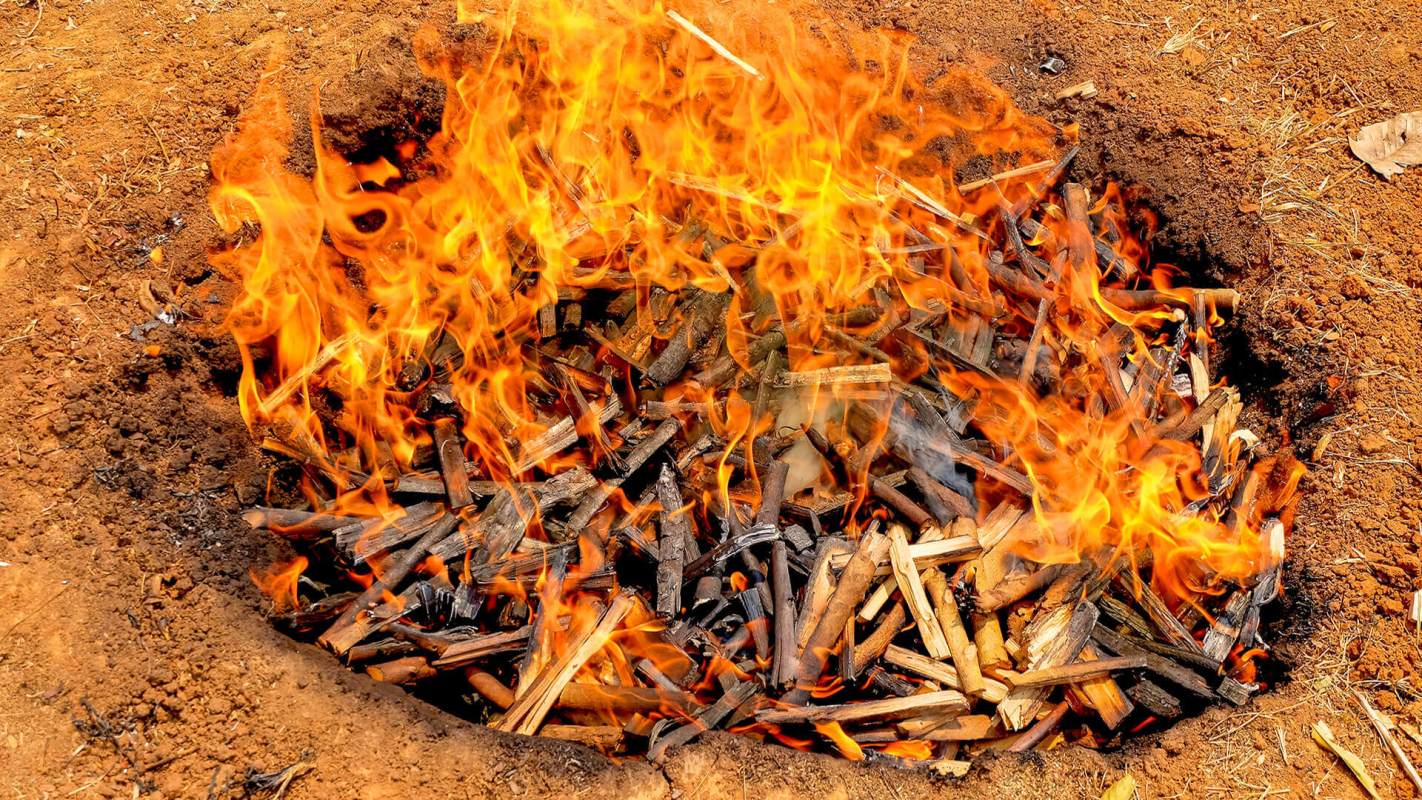Biochar technology is becoming an increasingly popular tool for slowing our planet's overheating.
This charcoal-like substance has the potential to revolutionize how we manage our emissions and remove large amounts of carbon pollution from the atmosphere. What makes biochar technology so interesting is that it can store carbon in the soil for longer periods than other carbon removal tools, and it has a variety of amazing benefits.
And now, climate tech startup Carbonfuture has created the first fully documented and verified biochar-based carbon sinks — meaning the technology may soon be used much more widely.
What is Biochar?
Biochar is a charcoal-like substance made from burning or superheating organic materials like wood, manure, or even agricultural waste at ultra-high temperatures in an oxygen-free environment. The primary modern process for this, known as pyrolysis, produces a black, carbon-rich material that is used to reverse environmental damage in polluted soil, and it can be done without releasing as many greenhouse gases as traditional burning methods.
Biochar is lightweight, porous, fine-grained, and has a large surface area with a very high absorption capacity. It can capture contaminants and volatile compounds, which are attracted to the surface of the biochar and become attached to it. Biochar can chemically bind with the contaminants, keeping them from entering the environment. This is very helpful for decontaminating water and wastewater.
The agricultural benefits are also impressive. Biochar helps crops grow because it improves soil fertility, soil structure, water retention, and drainage, while also adding nutrients to the soil. As a result, biochar reduces the need for chemical fertilizers and pesticides.
How does biochar help with carbon removal?
People have used biochar for its soil-improving properties for thousands of years, and companies have recently begun exploring its potential as a carbon removal tool.
As biomass burns into biochar, carbon gets locked inside as a stable solid, meaning it is not released into the atmosphere.
This reduces the amount of carbon pollution in the atmosphere, which is a big deal, as those gases are largely responsible for our overheating planet and increasingly severe weather events. Biochar sequesters more carbon than it produces, resulting in a "carbon negative" system.
What is the environmental impact of biochar?
Biochar production is an energy-efficient process that can make use of a variety of different biomass sources, such as energy crops like switchgrass, miscanthus, or corn and agricultural and forestry residues that would otherwise turn into waste.
Usually, disposing of biomass poses a problem, because it releases planet-warming methane as it breaks down. Converting this waste into biochar is a considerably sustainable solution — one that actually improves our Earth's soil in the process.
Follow The Cool Down on Instagram and subscribe to our newsletter.








